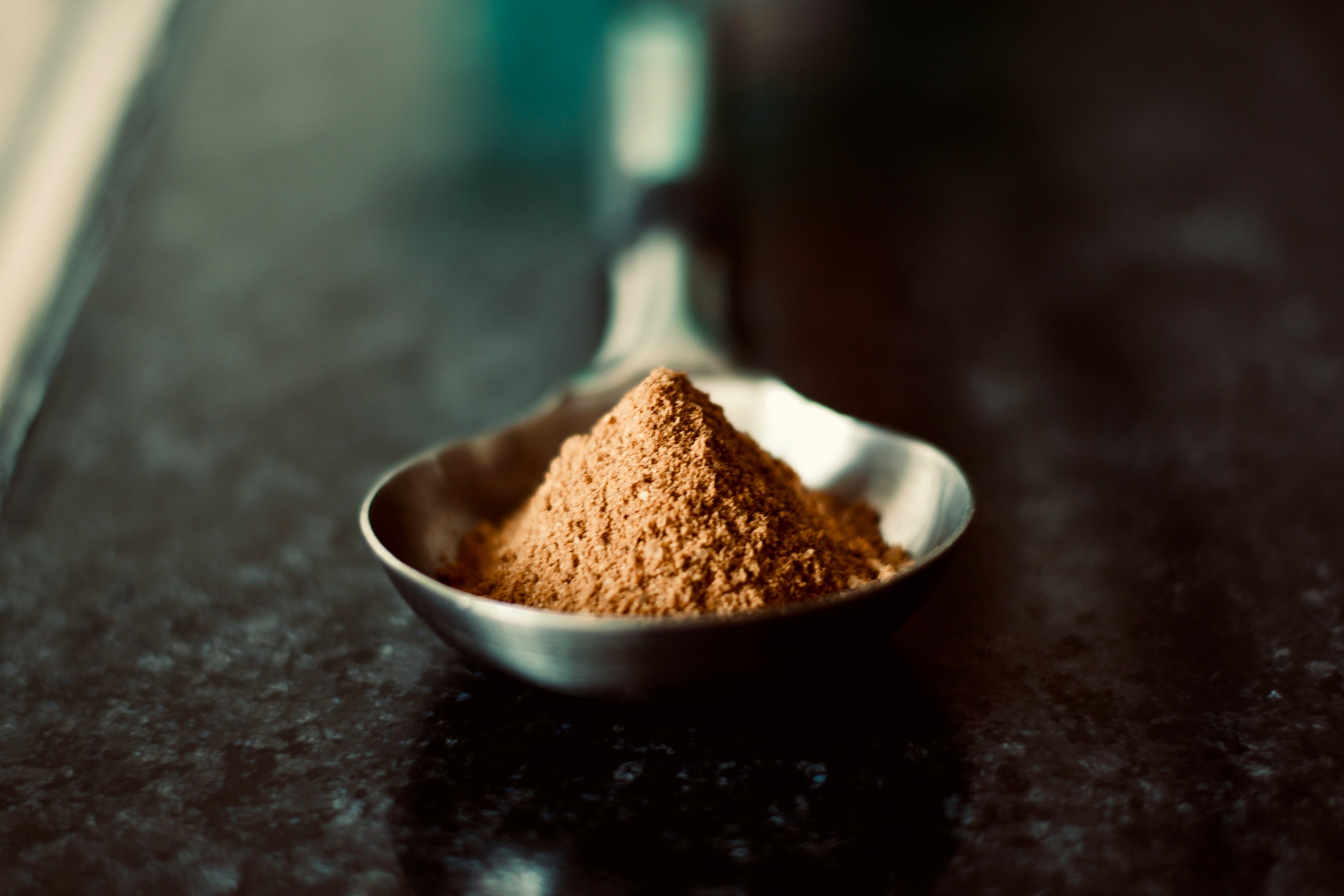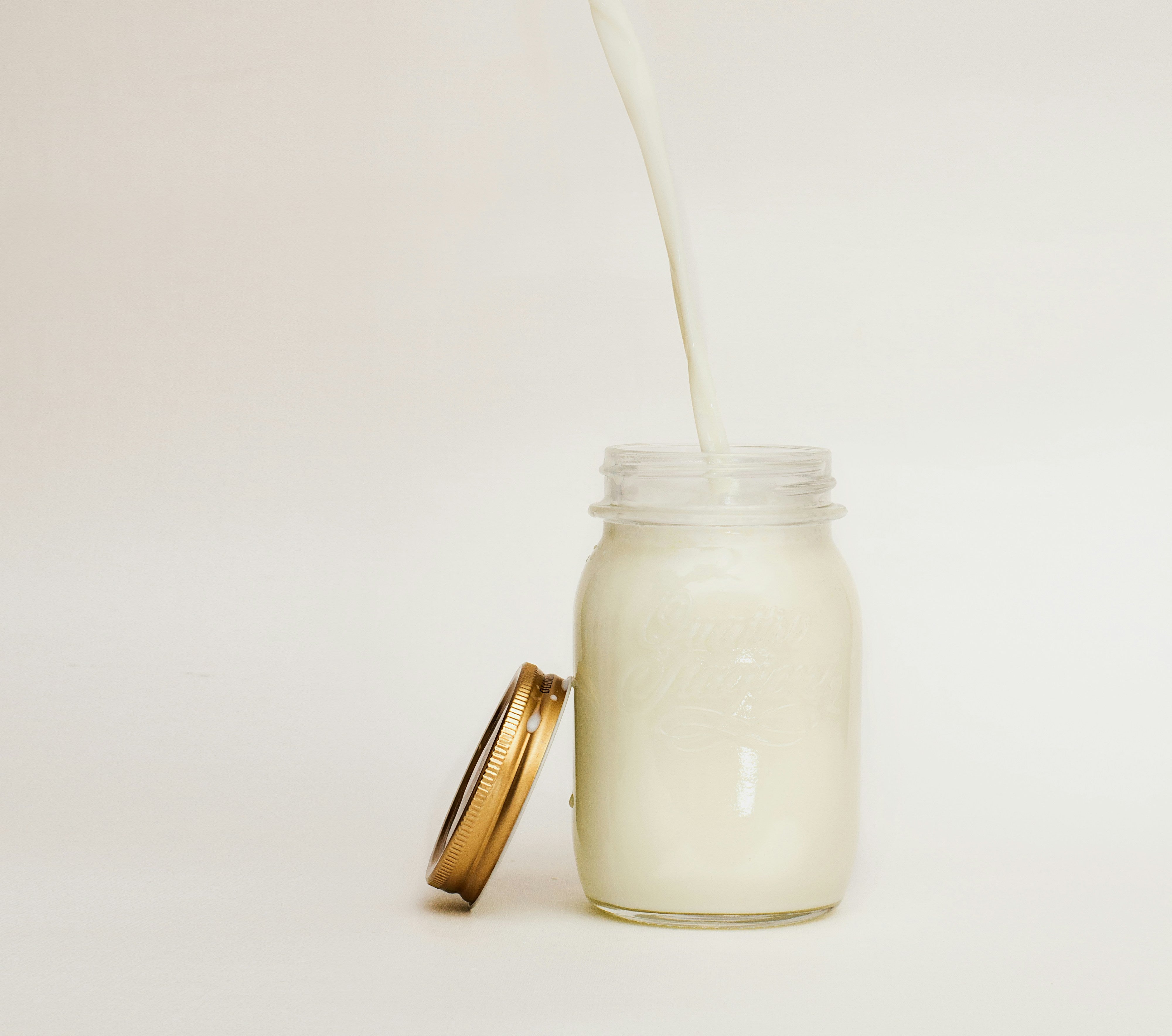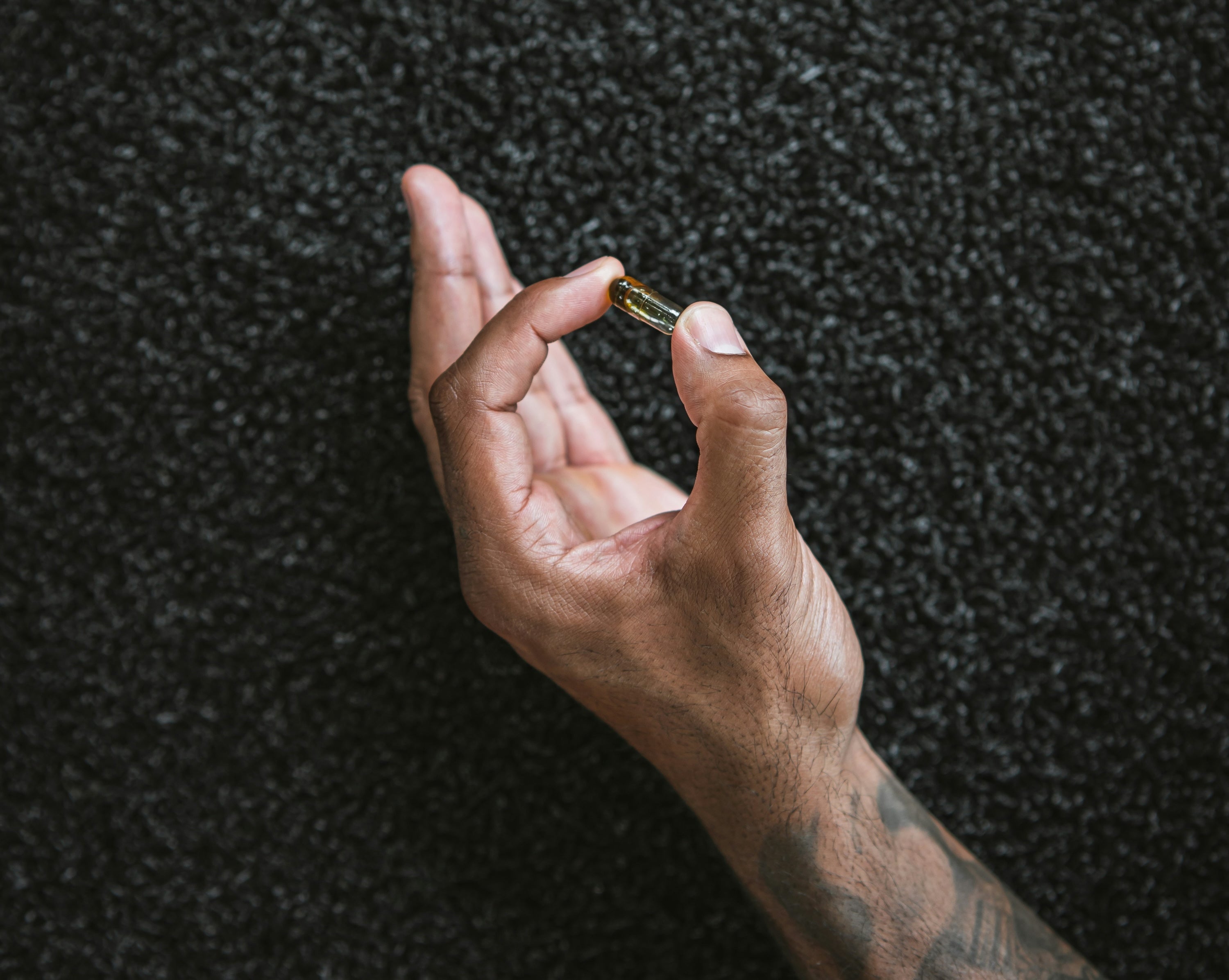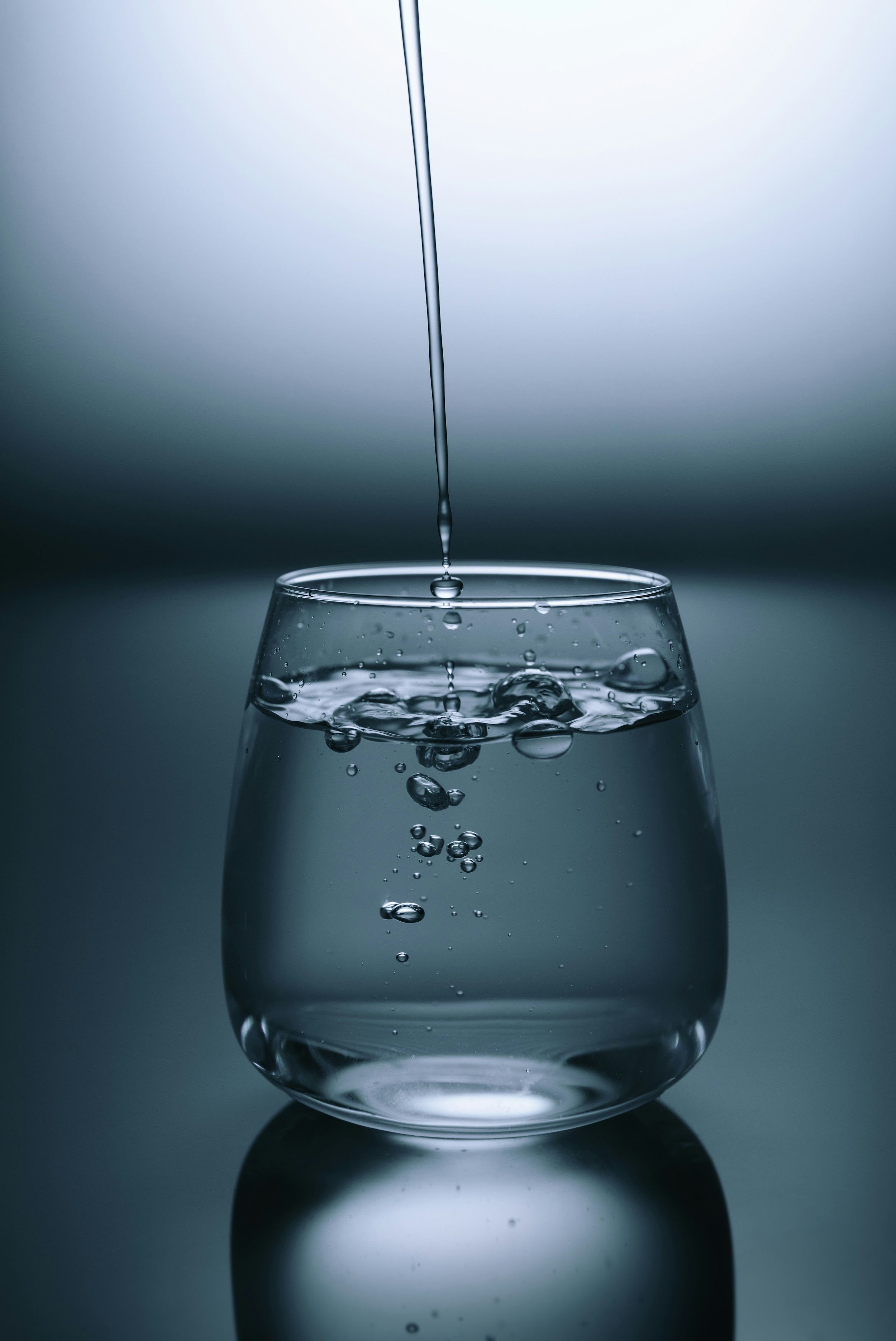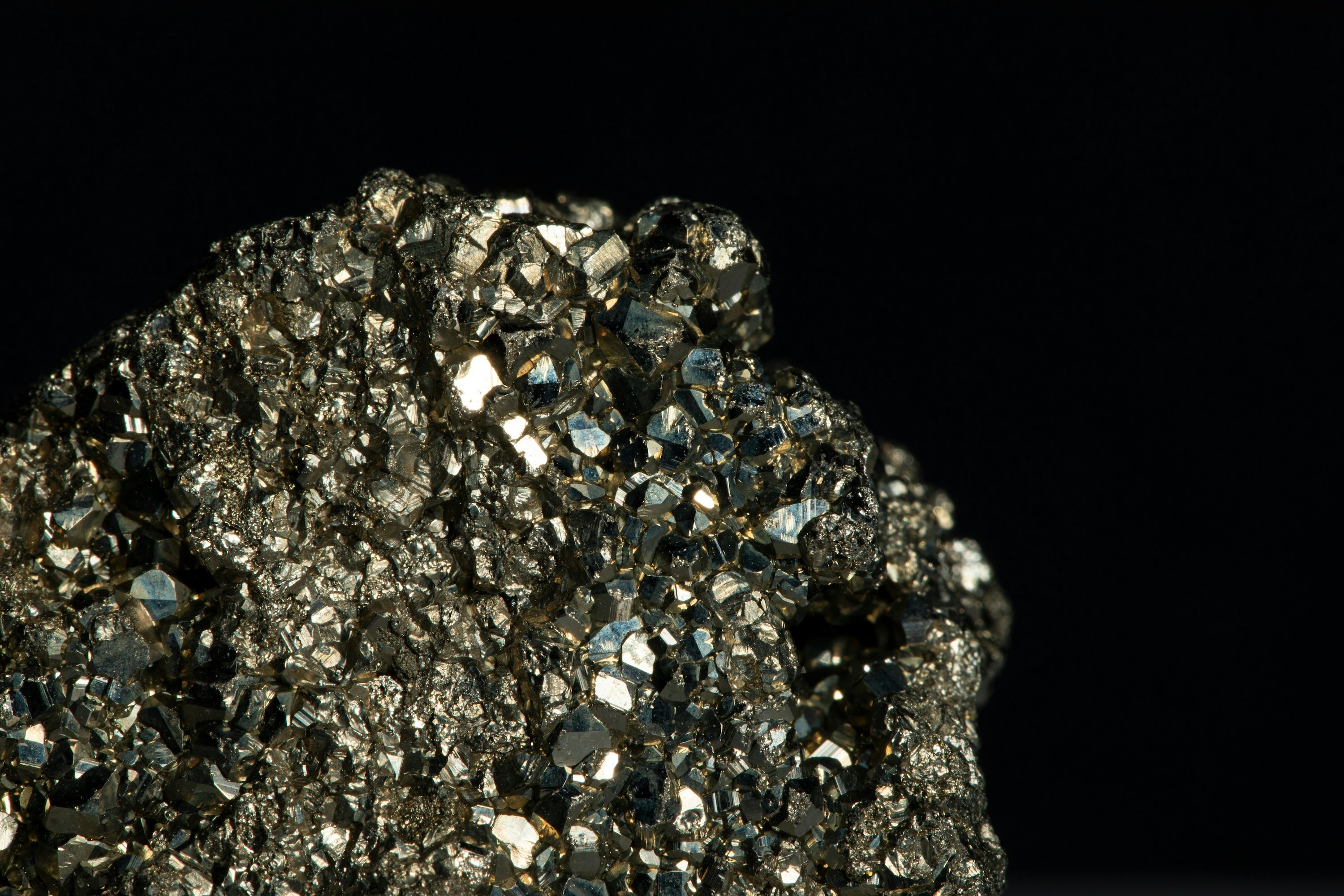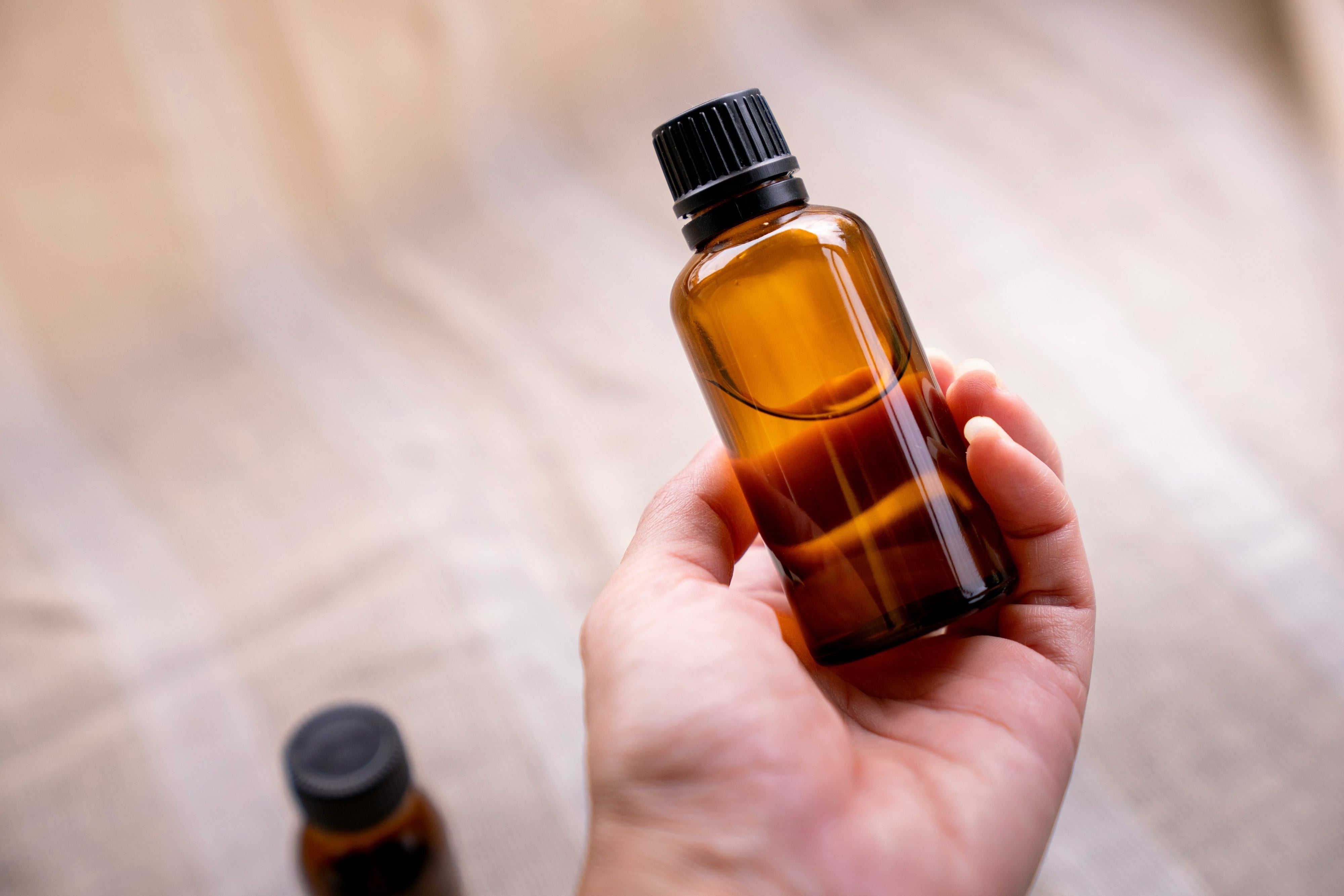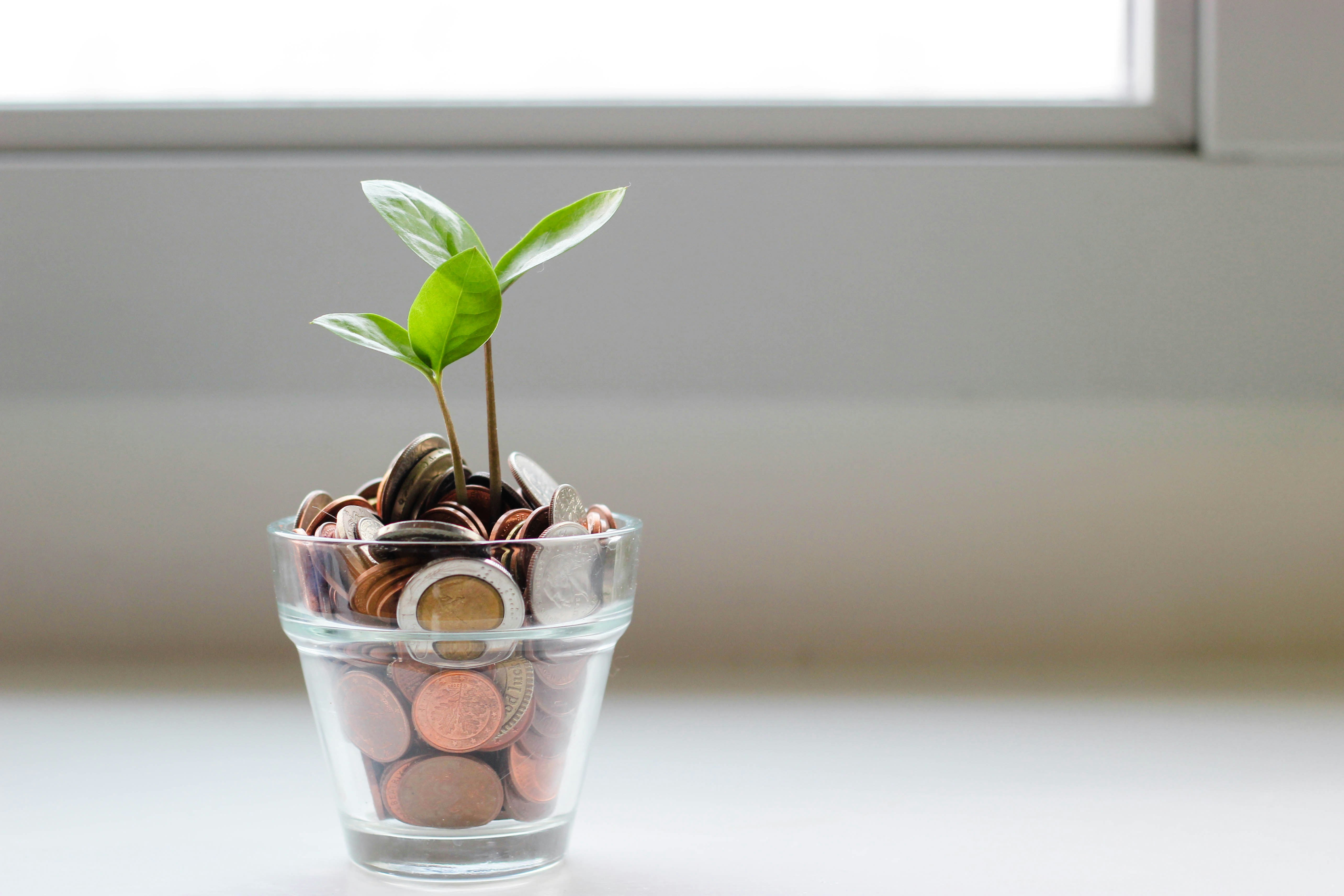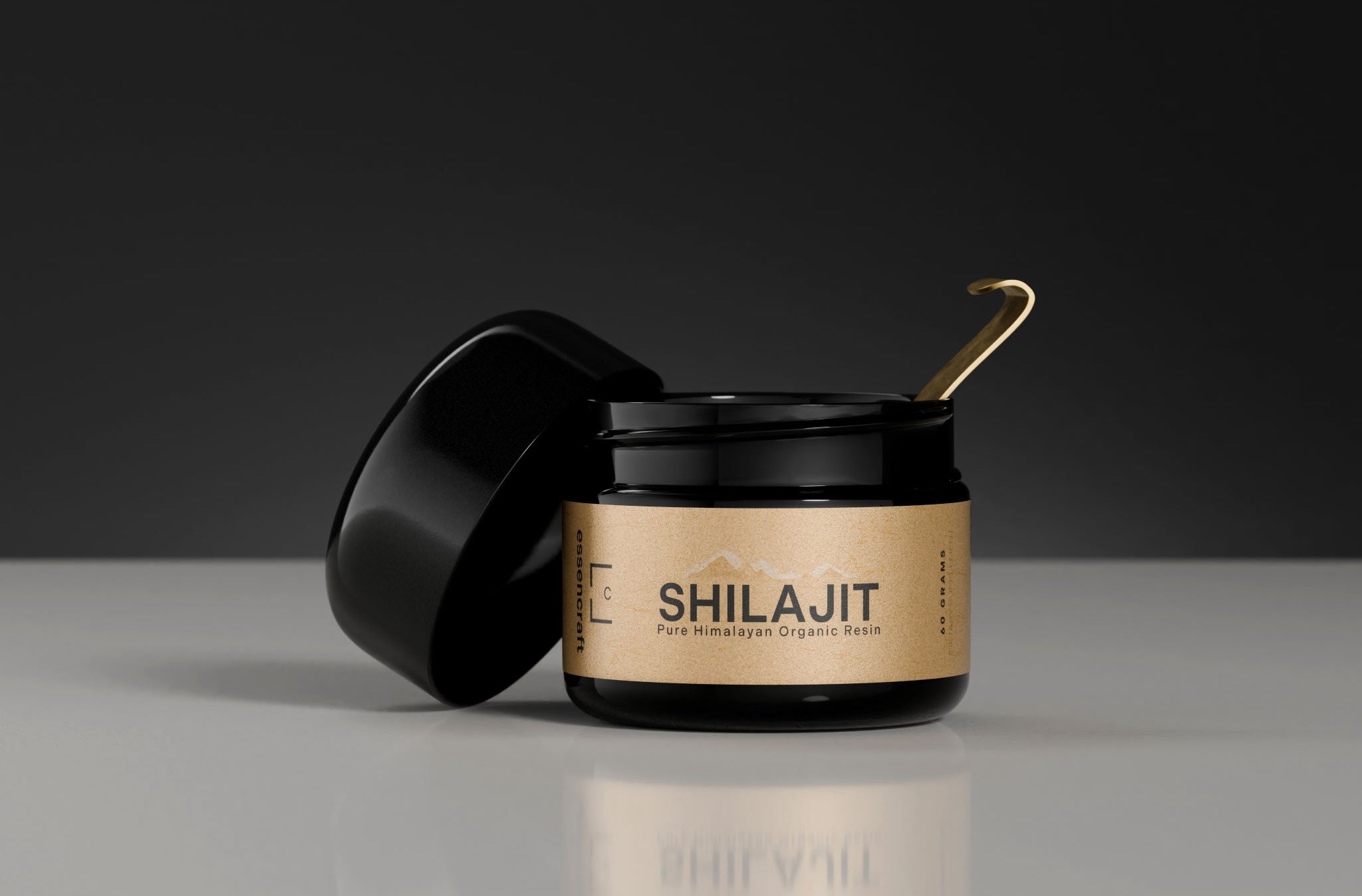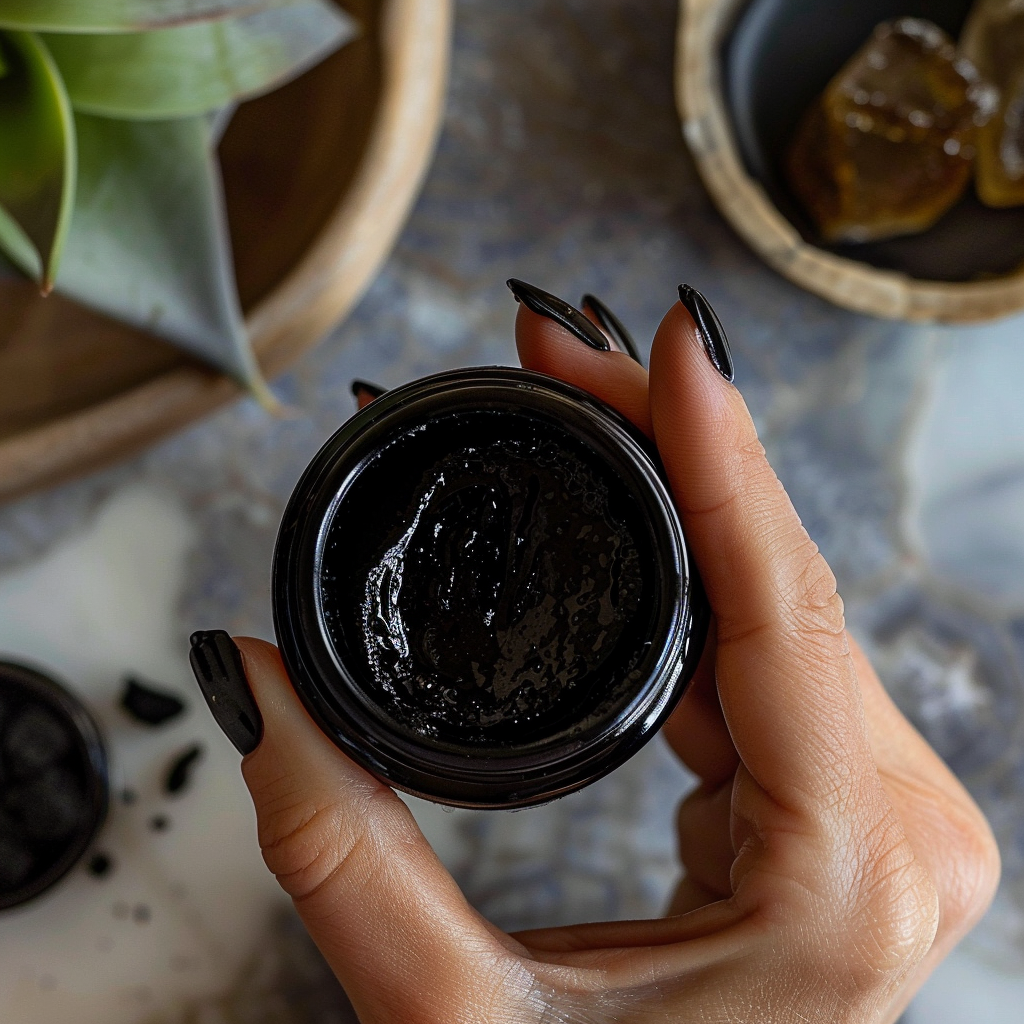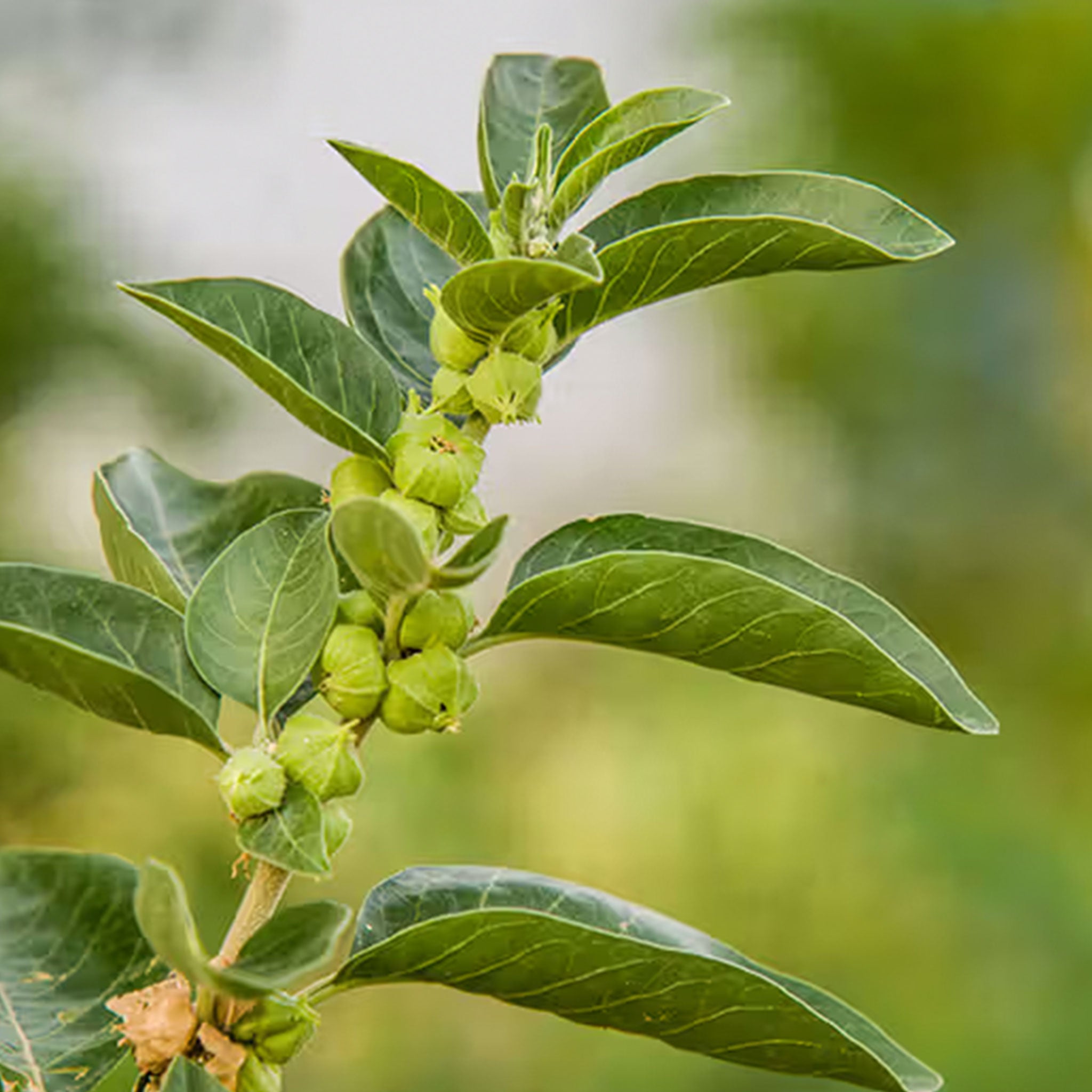Shilajit vs Sea Moss: Which One's Better For You?
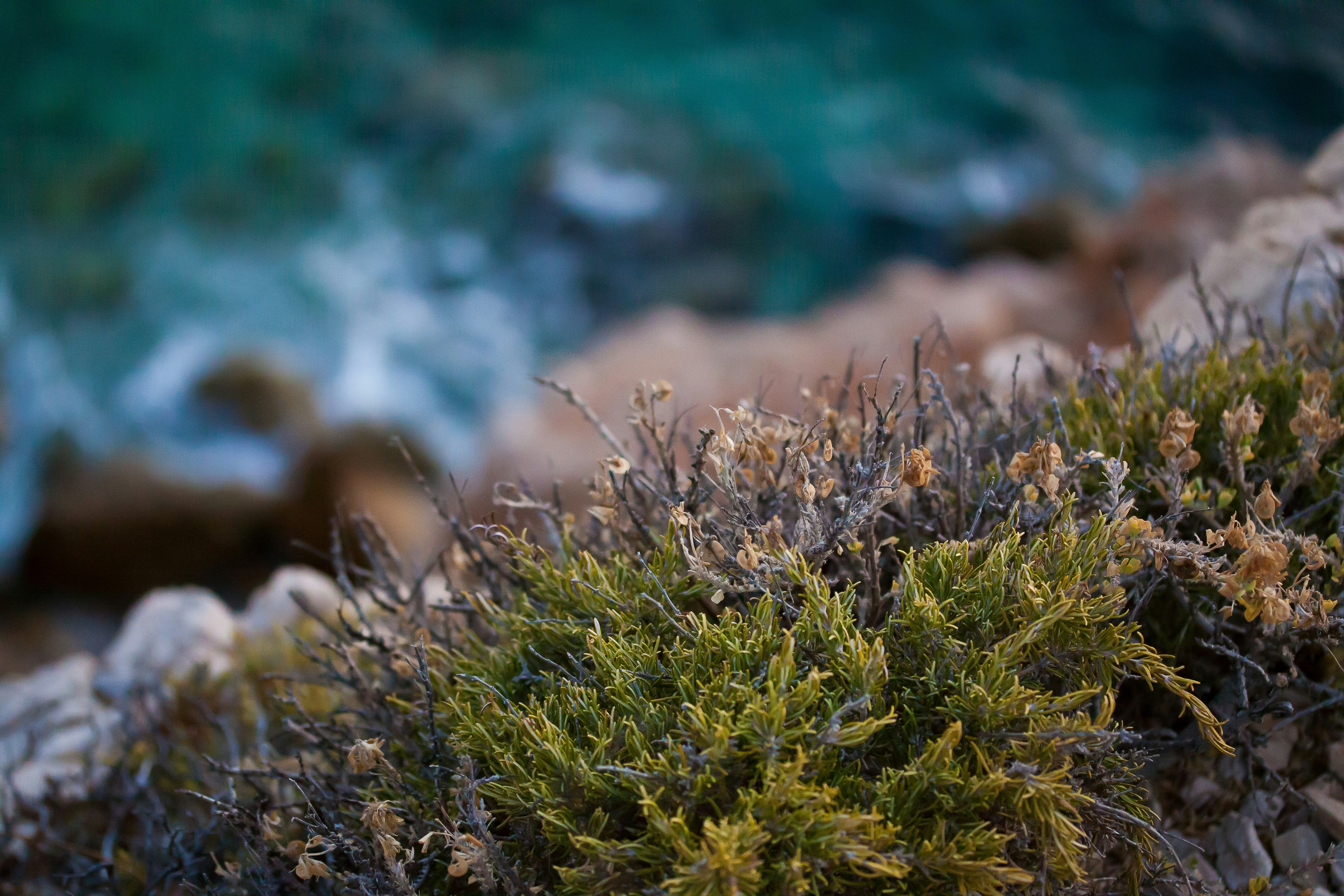
It’s no secret that the modern diet and even our daily self-care products are loaded with synthetic chemicals and additives. And this means that going all-natural has become more popular in recent years.
Shilajit and Sea Moss are both all-natural supplements with endless health benefits. But they’re derived from completely different parts of the world with many differences between them. So, which one’s better for you?
Keep reading to find out more about the details and differences between Shilajit vs Sea Moss.
What is Shilajit?
Shilajit is a tar-like substance harvested in the Himalayan mountains. Here at Essencraft, we harvest our Shilajit in Ladakh, a region in the Indian Himalayas about 18,000 feet above sea level. So, why do we go to such great heights to obtain this natural resin?
Shilajit has been used in Ayurvedic medicine for thousands of years. With most age-old medicinal substances, there’s a reason behind their longevity. And Shilajit is no exception.
Shilajit offers various health benefits, including:
- Increased energy
- Improved cognition
- Increased nutrient absorption
- Better digestive health
- Enhanced detoxification
- Improved hormonal balance
- Boosted immunity
- And reduced stress
One of our customers, Jay, even shared that his mental and physical performance skyrocketed after taking Shilajit.

"This is legit Shilajit! The benefits that this product have given me are astounding!"
What is Sea Moss?
Sea Moss, also known as Irish Moss, is a red algae species primarily harvested from Atlantic coastlines — including those off the coasts of Europe, North America, and the Caribbean. It’s typically wild-harvested or farm-cultivated. Like Shilajit, Sea Moss also has a lengthy history of therapeutic uses, extending hundreds of years.
Sea Moss, like Shilajit, also has a dense nutrient profile containing minerals, vitamins, and antioxidants, which gives way to many health benefits, such as:
- Improved thyroid support
- Enhanced digestive health
- Better skin health
- And improved immunity.
However, its high iodine content can be problematic for some people (sea moss contains around 47 milligrams of iodine per gram). Over-consumption could lead to thyroid or digestive issues.
So, if you have thyroid conditions or iodine sensitivities, be sure to consult a healthcare professional before using sea moss.
Comparing Shilajit and Sea Moss
So, let’s put these two up against each other. Here’s the breakdown of Shilajit vs Sea Moss, starting with their nutritional compositions.
Shilajit is rich in:
- Fulvic acid: This compound has anti-inflammatory properties and is also believed to be responsible for Shilajit’s energy-boosting effects.
- Humic acid: This can contribute to improved nutrient absorption and detoxification, as well as has anti-inflammatory effects similar to fulvic acid.
- Minerals: Shilajit also has a rich mineral profile, containing nutrients like iron, zinc, magnesium, potassium, calcium, copper, and more
Sea Moss has a broad range of nutrients, including:
- Minerals: High in vitamins A, D, and C, Sea Moss has plenty of oomph to support overall health and wellness.
- Vitamins: Sea Moss is a rich source of calcium, potassium, and magnesium. These all support healthy muscle and nerve function and contribute to good bone health.
- Antioxidants: Sea moss, like Shilajit, has high levels of antioxidants, which can reduce inflammation and prevent cellular damage.
Shilajit is typically taken as a resin or powder, with dosages ranging from 300-500mg daily. In contrast, Sea Moss is often taken as a gel, powder, or capsule. Typical dosages range from one to two tablespoons of gel or 1000 to 2000mg in capsule form daily.
However, getting reputable and non-contaminated Shilajit and Sea Moss can be a challenge.
In fact, we’ve heard from countless customers on how they’ve tried other Shilajit with no effect. That’s why we’ve dedicated ourselves to exclusively sourcing pure 100% Himalayan Shilajit.

"Truly, Essencraft Shilajit is 100% legit! It took less than 5 minutes after drinking a dab of this stuff to feel the clarity it gave my mind in the morning."
Which One is Better for You?
Cutting straight to the point:
If you’re looking for a supplement that can give you comprehensive benefits across the board (like boosting your energy, increasing cognitive clarity, and reducing stress) go with Shilajit.
If you have more specific thyroid or digestive issues you’re looking to treat with iodine, go with Sea Moss.
How to Incorporate Shilajit and Sea Moss into Your Routine
Shilajit is ultra-easy to add to any wellness routine. Mix a pea-sized amount with warm water or tea in the morning or with your favorite beverage in the afternoon. Take it once or twice a day for optimal results. Shilajit also pairs well with adaptogenic herbs, like Ashwagandha, for stress relief and increased energy.
For Sea Moss, add one to two tablespoons of gel to your favorite smoothies or beverages. If it comes in capsule form, follow the instructions on the label. This one goes well with vitamin C for enhanced immune support.
At the same time, you can take Sea Moss and Shilajit together — meaning you don’t necessarily need to choose between these two.
Integrating Shilajit for Optimal Wellness
Shilajit and Sea Moss are both all-natural supplements with various health benefits.
For both, the key is choosing a pure and authentic source to support your health goals rather than hinder them.
Our 100% natural Shilajit fits in well with any health and wellness routine. With us, you can rest assured you’re taking a high-quality, contaminant-free, and effective supplement.
For more information and inspiration, sign up for our newsletter, or follow us on Instagram for regular holistic, science-backed health tips.


